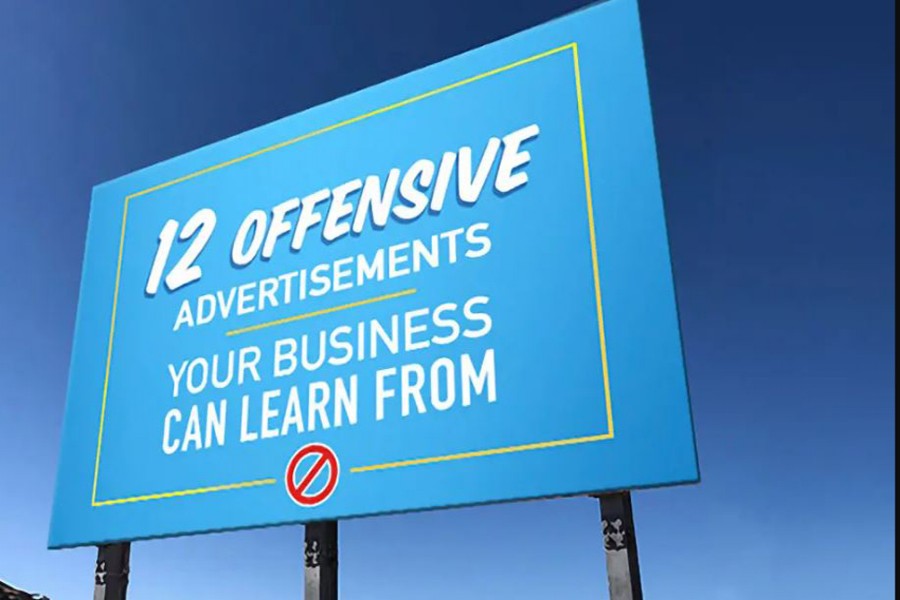
Published :
Updated :

The advent of printing in the 15th century seeded the revolution in communications. However, the real stimulation came in the 17th century when newspapers or journals were published enabling people to be informed, to gain knowledge and to create platforms for exchanging views, opinions and ideas. Then with the innovation of electronic devices like radio and television, the domain of information sharing made the blast in outreaching people, far and wide.
Today, information technology has developed to such heights and width that gaining or sharing information and knowledge is just a "press button" punch. The ever innovative cellular technology is whisking our comfort not only in the façade of information sharing but also in facilitating our lives with various aspects like enrolments, ticketing, hotel reservations, financial services etc.
Seizing the opportunity provided by the innovation of printing and more particularly the publication of newspapers or journals, advertisements came to the forefront. Companies started to inform the public about their products. With fast track progression in information technology coupled with globalisation, market economy and increasing competition, the role of advertisements gained momentum, intensity and expanded dimensions. As Encyclopaedia Britannica puts it, 'Advertisement is the technique and practice used to bring products, services, opinions or causes to public notice for the purpose of persuading the public to respond in a certain way toward what is advertised.' In other words, advertisement has a definite business goal and plays a dominant role in enabling consumer choice.
Though underneath the principle of advertisement lies the core commitment of honesty, there have been a plethora of incidents wherein advertisements came out to be misleading and deceptive. Not in all cases, however, the consumers could be deceived and as such we have witnessed a series of scandals involving even the world's top line companies falling prey to law suits and paying off billions of dollars as penalties. Century old American food giant Kellogg's was in trouble number of times for advertising that its rice krispies could boost immune system. Energy drink company Red Bull was sued in 2014 for its slogan "Red Bull gives you wings". A consumer filed the law suit saying that he had been using the caffeinated drink for ten years and had never developed wings. World renowned French company Dannon had to settle a law suit at US$ 45 million in 2010 after it failed to prove that its Activa yogurt, as advertised, had special bacterial ingredients which were clinically and scientifically proven to boost the immune system and help regulate digestion. The company failed to provide clinical and scientific evidences. Likewise, companies like Volkswagon, Hyundai, and many others had to pass through such bitter crisis. But those were the stories in the developed economies where consumer rights, market governance etc. are well activated.
In fact, violation of the code of conduct for advertisements in the under-developed or developing world is quite rampant. In most of the developing nations there has been a spiralling growth in economy which propelled a trend of exploiting the consumers through false information. In our country too, there have been instances of false advertisements of products like skin fairness cream, mango juice, fabrics, real estate, hair growth and even in telecom. At times, companies like to have a competitive edge and thus try to elbow out the competitor making over-exciting advertisements with incorrect information, appealing contents and even abusive language. Sometimes some companies try to influence consumers by showcasing affiliations with government bodies or key authorities. These are all not only deceptive but illegal and in total nonalignment with the intended code of conduct of advertisement.
In Bangladesh, advertisement plays a significant role in informing and influencing people. This is true because we still have a large non-literate people and more importantly, we lack conscious consumer rights. Added to these are our psycho-social aspects that make us possess softer attitude to be easily influenced. Some business people understand this better and thus strategize their advertisement campaigns accordingly.
In the nineties, Aromatic created an unprecedented buzz by launching a wild-cat campaign for its Halal soap product. The company was successful in capitalising the religious sentiment of the consumers. It was even cited by the famous German Economist Philip Kotler. That was the time when worldwide Muslim favoured Halal products were being labelled.
Against such success stories lie some bad examples too. Some companies or organisations try to capitalise certification by international organisations or government alignment to bring weight to their advertisements. In many cases, they even use government emblems to justify their quest. There is nothing wrong in it but those need to be holistic and not with any intent to fool the consumers. One such case in point could be the series of advertisement campaigns set out by an upcoming mobile financial service (MFS) provider. It launched some recent commercials bearing aggressive tone and discomforting contents, not conducive to any segment of the consumers. The commercials seem to be having some rude variants to have a "boom" factor in the campaign.
That may or may not work well as today's consumers do not really want to see how good and strong you are. Rather, they would like to measure what good you can provide. It reminds all of the statement made by the advertisement guru Leo Burnet ---"Don't tell me how good you make it; tell me how good it makes me when I use it".
mohicsr@gmail.com


 For all latest news, follow The Financial Express Google News channel.
For all latest news, follow The Financial Express Google News channel.